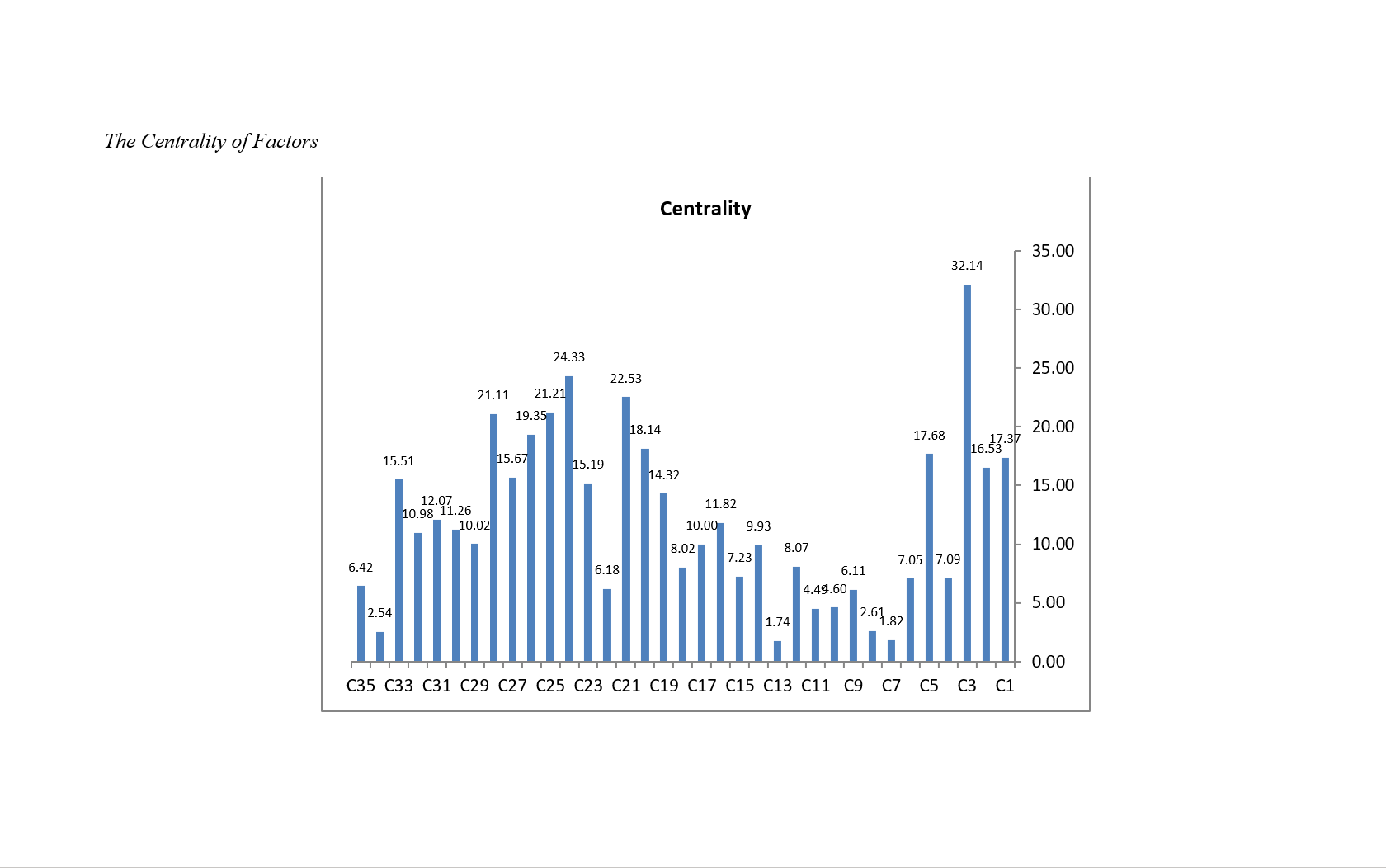Examining the Relationship between Risks Associated with Public-Private Partnership Projects in Emerging Markets Using Fuzzy Cognitive Mapping Methodology
Keywords:
Public-Private Partnerships (PPPs), Risk, Emerging Markets, Fuzzy Cognitive MappingAbstract
Objective: The adoption of Public-Private Partnerships (PPPs) has sparked a surge in research interest in this area in recent years. This study aims to identify and prioritize the risks associated with PPP projects.
Methodology: A questionnaire was designed to assess the significance of each of the 35 research variables (risks) derived from the literature in explaining the risks associated with PPP projects. The respondents included experts in risk associated with PPP-based projects in emerging markets, specializing in policy making, production, sales, and export. These experts were considered knowledgeable due to their practical experience in management, expert, academic, and research activities related to risks and emerging projects and markets. Using purposive sampling and following a snowball method, semi-structured in-depth interviews were conducted with 19 experts until theoretical saturation was achieved.
Findings: The results were analyzed using the methodology of fuzzy cognitive maps, and the relationships between the research factors were examined.
Conclusion: The analysis revealed that financial constraints risk, demand risk, and government support risk are of high importance in the context of PPP projects.
Downloads

Downloads
Additional Files
Published
Submitted
Revised
Accepted
Issue
Section
License
Copyright (c) 2024 Nima Valizadeh Chari (Author); Hoda Hemmati (Corresponding Author)

This work is licensed under a Creative Commons Attribution-NonCommercial 4.0 International License.















